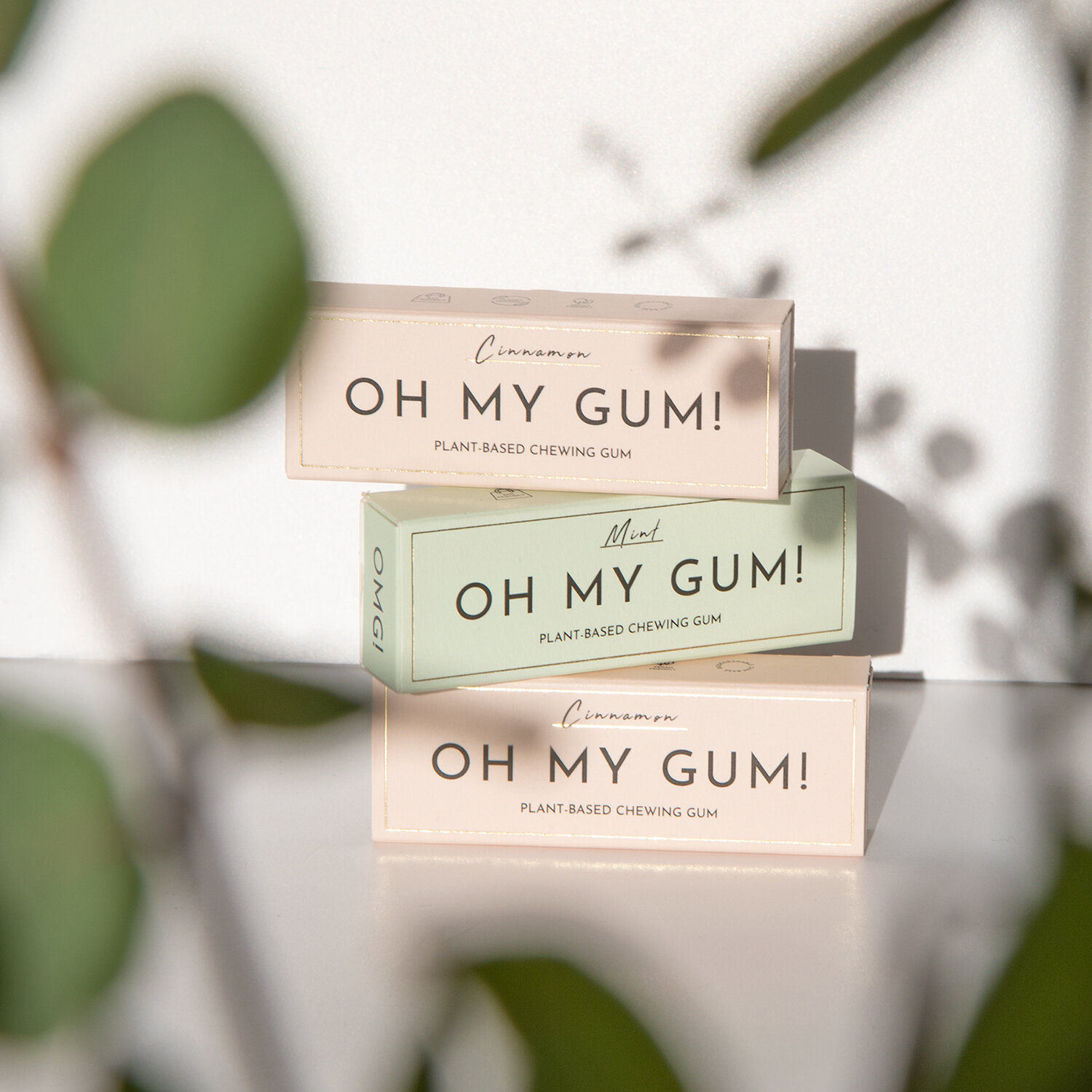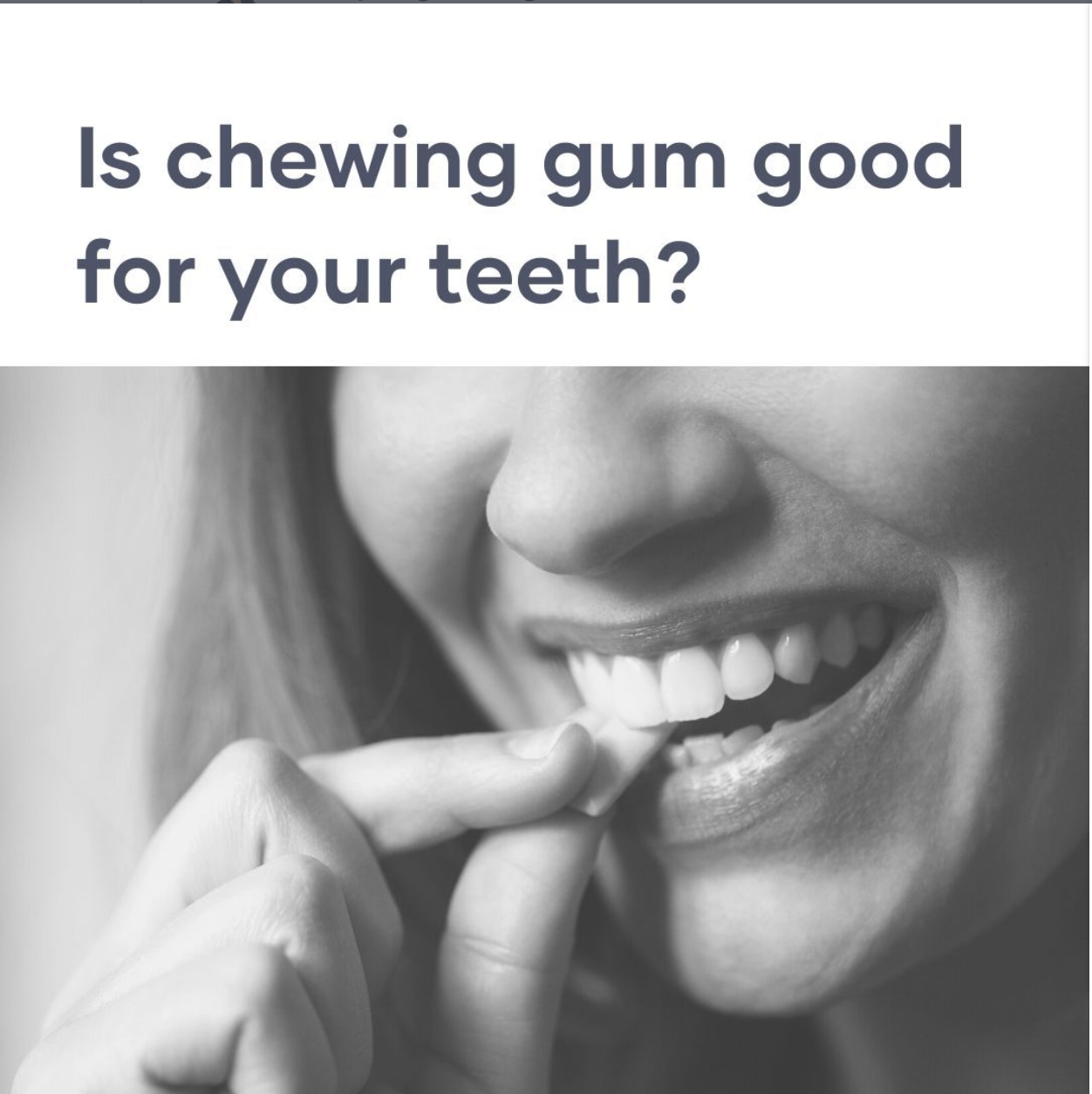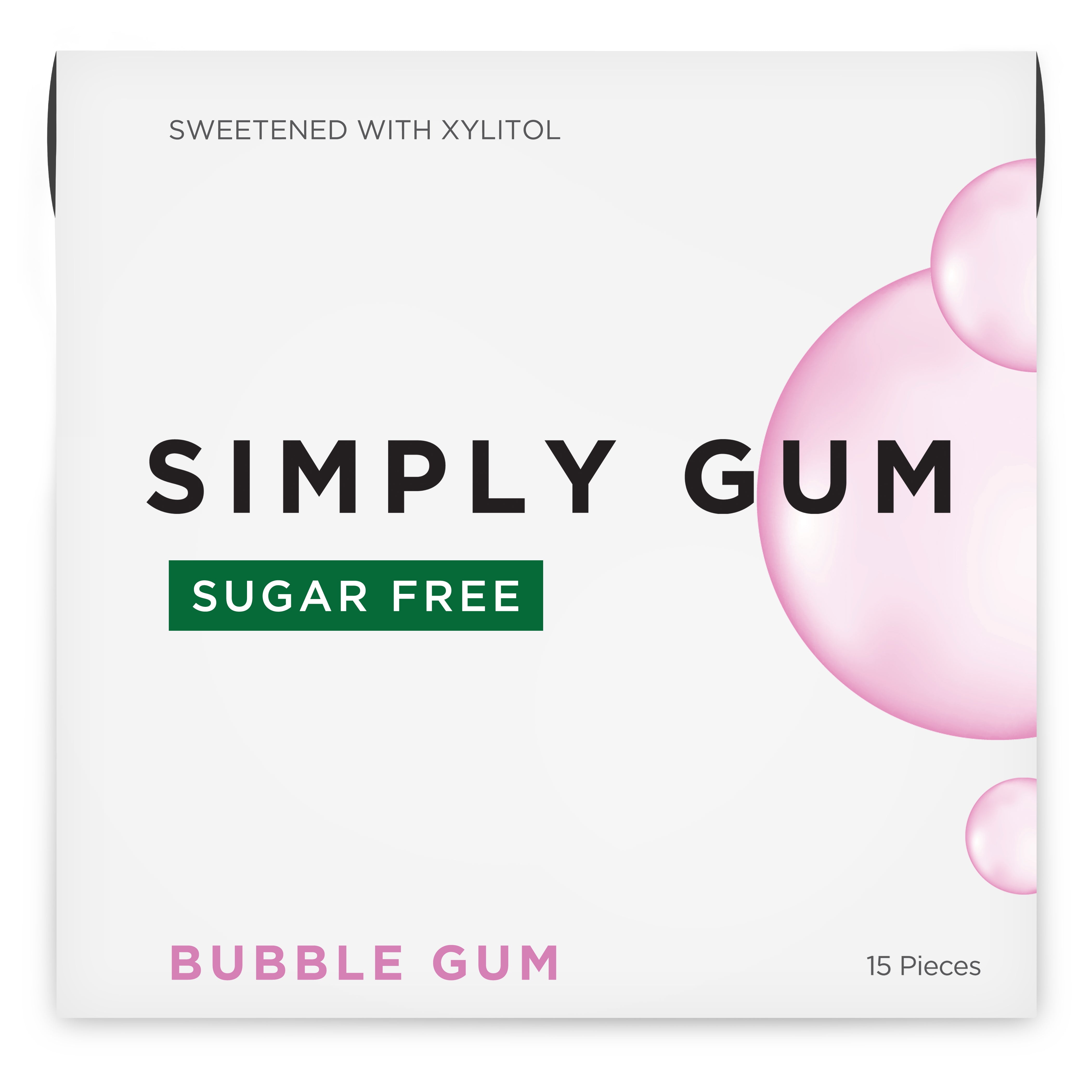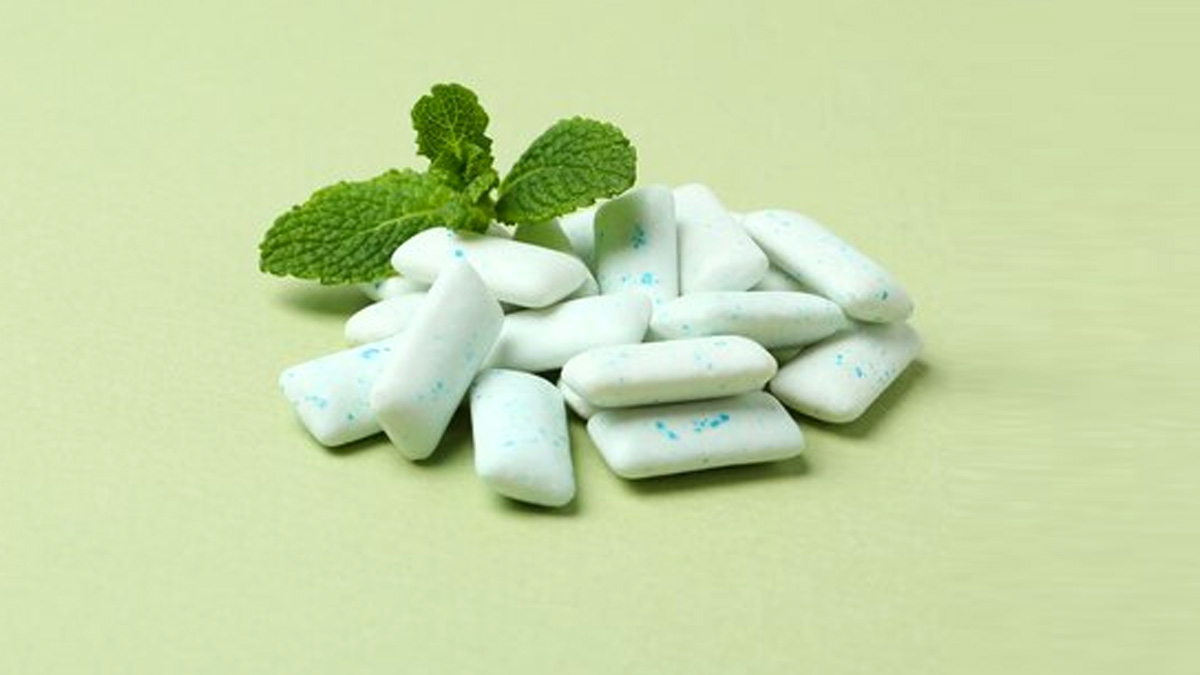Is Simply Gum Good For Your Teeth

Imagine strolling through a sun-drenched farmers market, the air thick with the scent of ripe berries and freshly baked bread. You reach the end of your shopping, grab a package of Simply Gum with its rustic, minimalist packaging. You think to yourself, "This feels healthier." But is it really better for you, especially your pearly whites?
The burning question is: Is Simply Gum, with its natural ingredients and eco-conscious branding, actually good for your teeth? While it offers some advantages over traditional, heavily processed chewing gums, it's crucial to understand the nuances. Let's explore what makes it different and how it stacks up when it comes to dental health.
A Closer Look at Simply Gum
Simply Gum differentiates itself from mainstream brands through its ingredient list. Instead of synthetic rubber and artificial sweeteners, it uses a chicle base, derived from the sapodilla tree, and natural sweeteners like cane sugar or agave.
The brand prides itself on being free of artificial flavors, colors, and preservatives. This appeals to health-conscious consumers seeking a more natural alternative.
The Good News: Saliva Stimulation and Natural Ingredients
Chewing gum, in general, stimulates saliva production. Saliva is a natural defense mechanism, neutralizing acids, remineralizing enamel, and washing away food particles.
According to the American Dental Association (ADA), chewing sugar-free gum for 20 minutes after eating can help prevent tooth decay. Simply Gum, even with its natural sugars, can offer this benefit if chewed after meals.
The natural ingredients in Simply Gum are arguably a plus compared to the potentially harmful chemicals found in some conventional gums. Less artificial additives can be a win for overall health, including oral health.
The Catch: Sugar Content
Here's the rub: Simply Gum often contains cane sugar or agave. While these are "natural" sweeteners, they are still sugars.
Sugars feed bacteria in the mouth, producing acids that attack tooth enamel. The ADA emphasizes sugar-free gum for a reason: to avoid this acid attack.
The level of sugar is key. Some flavors of Simply Gum might have less sugar than others, so reading the ingredient list is essential. If you are concerned about sugar intake, it might be best to explore other sugar-free options.
Expert Opinions and Scientific Evidence
Dentists often recommend chewing gum as a tool to boost saliva production. But they almost universally advise choosing sugar-free varieties.
A study published in the Journal of the American Dental Association highlights the benefits of xylitol, a sugar alcohol often found in sugar-free gums, in preventing cavities.
"Chewing sugar-free gum can be a helpful addition to your oral hygiene routine," says Dr. [Fictional Dentist Name], a leading dentist at [Fictional Dental Clinic]. "However, it's important to remember that it doesn't replace brushing and flossing, and you should always opt for sugar-free options when possible."
The Eco-Friendly Angle
Beyond the ingredients, Simply Gum's biodegradability is another selling point. Unlike synthetic gum, which persists in the environment for years, Simply Gum breaks down more readily.
This aligns with the growing consumer demand for sustainable and environmentally friendly products. Choosing biodegradable gum reduces your environmental footprint.
Comparing Simply Gum to Other Options
Compared to traditional gums loaded with artificial sweeteners and synthetic bases, Simply Gum is a step in a more natural direction. It caters to consumers who prioritize natural ingredients and environmental responsibility.
However, when weighed against sugar-free gums containing xylitol or other sugar substitutes, Simply Gum loses some of its dental health advantages. The sugar content remains a concern.
Ultimately, the "best" gum depends on individual priorities. Are you prioritizing natural ingredients and biodegradability? Or are you primarily concerned with preventing cavities?
Making Informed Choices
If you choose Simply Gum, consider these tips: Chew it after meals to help stimulate saliva production and wash away food particles. Limit your chewing time, as excessive chewing can sometimes lead to jaw problems.
Read the label carefully and opt for flavors with lower sugar content. Combine chewing Simply Gum with a consistent oral hygiene routine, including brushing twice daily, flossing, and regular dental checkups.
For those seeking optimal dental health benefits, sugar-free gums containing xylitol might be a better choice. Consult with your dentist for personalized recommendations.
Conclusion: A Balanced Perspective
Simply Gum offers a compelling alternative to conventional chewing gum, appealing to consumers seeking natural ingredients and environmentally friendly practices. While it’s not a silver bullet for dental health due to its sugar content, it can still play a positive role when used judiciously.
The key is to approach it with awareness, understanding that the benefits of saliva stimulation must be balanced against the potential drawbacks of sugar consumption. As with any food or beverage, moderation and informed choices are paramount.
Ultimately, the decision of whether or not Simply Gum is “good” for your teeth is a personal one. Weigh the pros and cons, consider your individual needs and preferences, and make a choice that aligns with your overall health and wellness goals.


















